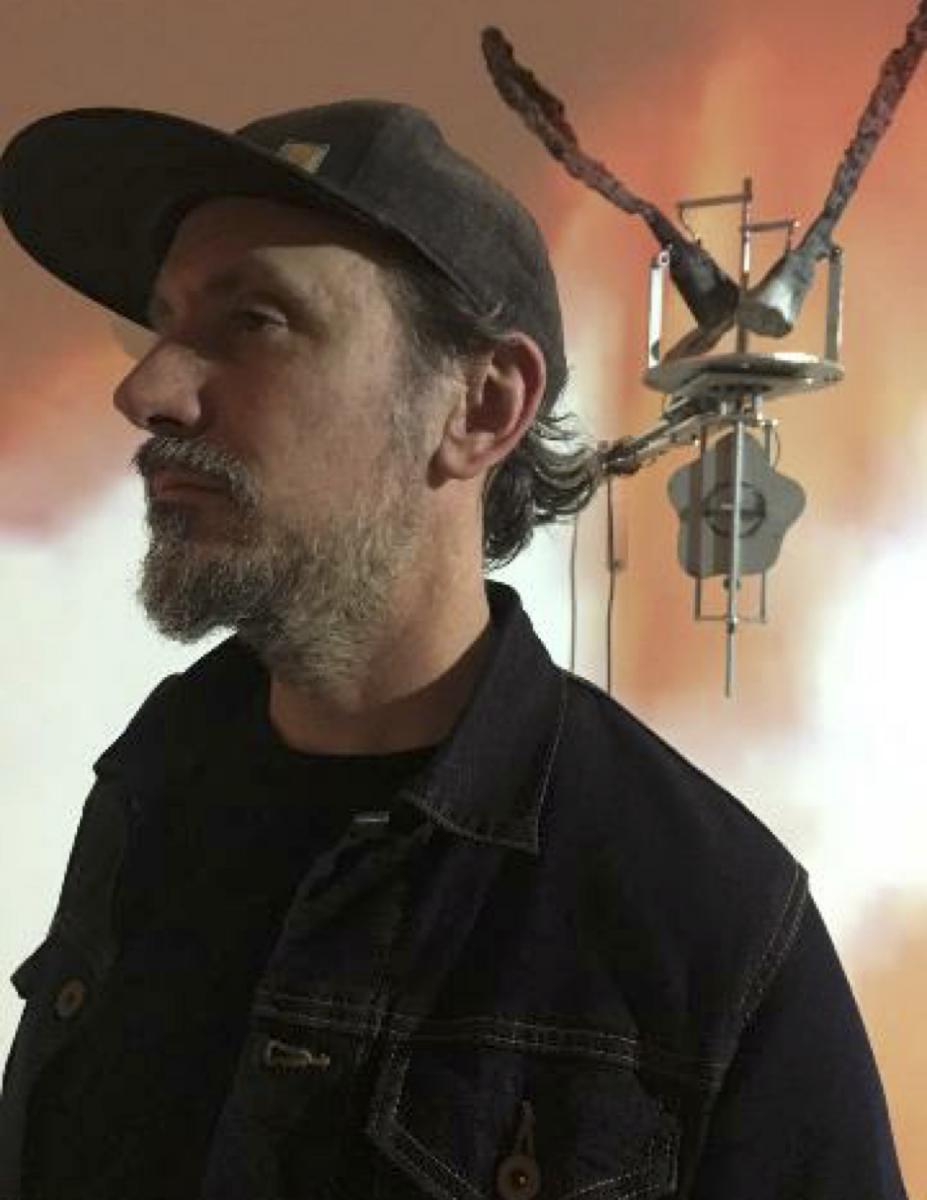
A Colloquium by Mr. James Currie will be held on Friday, March 29 at 4:00pm in Old Cabell 107.
Edward Said, Jean Genet, and the Queer Art of Prophecy
In the last years of Edward Said’s life, the figure of music moved emphatically center stage. Most notable was his role in founding the much-discussed West-Eastern Divan Orchestra, which Said claimed was the most important project of his life. But what work did the figure of music here perform? It has been suspiciously easy to assume that it was the work of politics, and thus congruent with our identification with Said as a political activist and our own aspirations in that direction. This unapologetically speculative paper, however, suggests something more cryptic: that Said’s late period musical endeavors were haunted secretly, but perhaps more pervasively, by his single meeting with the great French homosexual novelist, Jean Genet, in Beirut in 1972. And with regard to this meeting, what was perhaps most pertinent was Said’s most uncharacteristic post-factum conclusion, in a statement that has barely been acknowledged by scholars: that Genet knew how to read the future.
James Currie is a writer, performer, and Associate Professor in the Department of Music at the University at Buffalo (State University of New York), where he teaches music history to undergraduates and classes on music and philosophy at the graduate level. He is also on the faculty of the university’s Center for the Study of Psychoanalysis and Culture. He has worked in collaboration with a number of composers, most notably the young Singapore composer Diana Soh, for whom he has written texts for commissions from IRCAM (“Arboretum: Of Myths and Trees,” 2013), Radio France (“A/Z” 2017), and the Singapore Symphony Orchestra (“Abugida,” 2018). But he has also been active as a performance artist and poet creating works that employ a hysterization of traditional dramatic techniques as a means of exploring the junctures at which the quotidian content of daily life and the abstract, structural rigors of aesthetic form interact in processes of disturbing, mutual self transformation, such as in his three-act work theatre work “Examples of Excess.” The combination, on the one hand, of processes that are more akin to musical practices with, on the other, more normative modalities of dramatic and theatrical writing has lead him to performing his dramatic works (such as his “Note to Self”) with musicians such as the widely acclaimed contemporary music soprano Tony Arnold of the International Contemporary Ensemble (ICE). And indeed, the tension created between the expressive modes produced by singers and those produced by actors is, at a certain level, at the heart of his work. He has also had a noted interest in the potential of solo monologue forms, particularly the lecture format, which he has tended to deform into either ritualistic expressionism or poetic stasis, in both cases leaving the lecture’s normal function (of communicating facts and information) abandoned and exposed, such as in his 2013 performative lecture “On Sonic Gravity,” that was given, as a result of invitation, at the Center for Contemporary Theory at the University of Chicago.
Old Cabell Hall is located on the south end of UVA's historic lawn, directly opposite the Rotunda (map). Parking is available in the Central Grounds parking garage on Emmet Street, in the C1 parking lot off McCormick Road, and in the parking lots at the UVA Corner. Handicap parking is available in the small parking lot adjacent to Bryan Hall.
Please call the Music Department at 434.924.3052 for more information.
All events are subject to change.